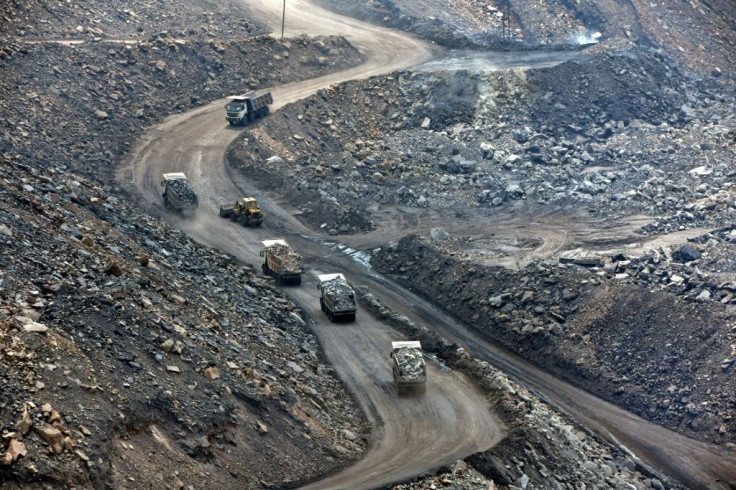India Vows To Take Up 'Climate Justice' Combat At COP26
India will be a fighter for "climate justice" at the upcoming COP26 summit, seeking to make rich nations pay for measures to ease rising temperatures, the country's environment minister said Wednesday.
And the world's third biggest source of greenhouse gases is not yet guaranteeing that it will offer new mitigation efforts at the crucial conference which starts Sunday in Glasgow.
India, along with the world's leading gas emitter China, is among dozens of countries still to submit fresh plans for cutting greenhouse gas emissions so they can become net zero -- eliminating as much carbon as they produce.
Environment Minister Bhupender Yadav said India would set out what extra efforts it is ready to make "at the appropriate place and the appropriate time."
India, whose Prime Minister Narendra Modi will be at the summit, said controlling carbon should be the COP26 priority over setting target dates to become net zero.
"It is how much carbon you are going to put in the atmosphere before reaching net zero that is more important," said R.P. Gupta, the environment ministry's top permanent official.
According to the ministry's figures, each Indian produces about 1.9 tonnes of carbon per year, against 7.1 tonnes for the average European Union citizen, 8.4 tonnes for a Chinese and 18 tonnes for the average American.

Yadav said assessing and financing the world's campaign to limit temperature rises will be one of the most crucial tasks at Glasgow.
"India will fill the role of the voice of developing nations," Yadav told a small group of journalists on the eve of his departure for the talks.
"India will be a path to a solution with climate justice."
The country of 1.3 billion people, and one of the world's fastest growing economies, has long insisted that countries who profited from past industrialisation -- Europe and North America -- should pay the lion's share of the climate crisis bill.
Yadav noted the concern of poorer nations that richer ones have failed to live up to promises made at earlier climate summits to provide hundreds of billions of dollars in financial aid and technology.
India has one of the world's leading solar power programmes, and US climate envoy John Kerry said that the country was "red hot" for solar investment.
But it currently counts on coal for about 70 percent of generated electricity and will have to spend more than $40 billion to dismantle just 14 percent of its oldest and dirtiest coal power stations, according to the Climate Policy Initiative think tank.
Gupta said that without finance for poorer nations "it becomes extremely difficult to have green development at our own cost."
© Copyright AFP {{Year}}. All rights reserved.





















